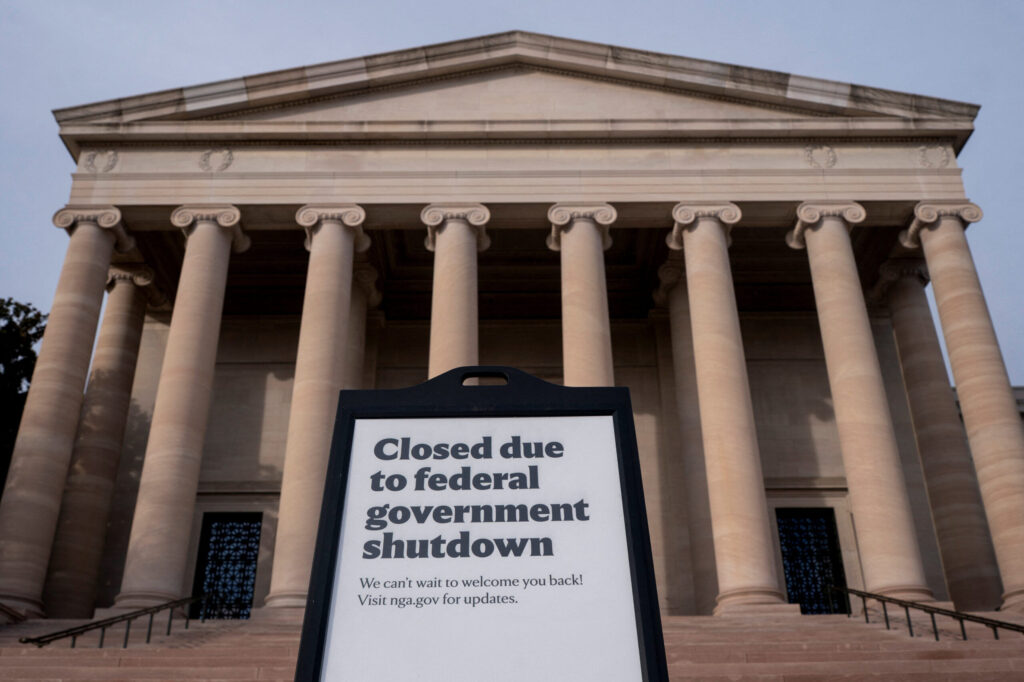Colorado Gov Jared Polis signs $44 billion budget that includes a wolf reintroduction directive
Gov. Jared Polis on Monday signed the state’s $43.9 billion budget for the next fiscal year without vetoing a footnote directing Colorado Parks and Wildlife to halt any further wolf reintroductions until it implements non-lethal techniques.
In their work on footnotes, which are directions to state departments on administering appropriations, the Joint Budget Committee included two items related to the wolf reintroduction program. Footnotes do not have the force of law, although state agencies comply. And even when the governor vetoes a footnote, usually due to a separation of powers issue, he often directs the agencies to comply anyway.
That’s not quite what happened with the wolf footnotes.
Polis, in his letter to the General Assembly, noted that he did not veto any footnotes in Senate Bill 25-206.
Noting previous Colorado Supreme Court decisions, the governor said in his transmittal letter that “we directed Executive Branch agencies to comply with the intent of the footnotes contained in S.B. 25-206 only to the extent practicable and appropriate.”
He also allowed agencies to “deviate from the intent expressed in any footnote as necessary” if tied to dollar amounts for expenditures in specific programs or purposes, or “those that indicate specific expectations for programmatic expenditures or activities.”
However, this is standard language that the governor has used in his transmittal letters in the past.
The first footnote in SB 206 states that the annual $2.1 million general fund appropriation should be used to implement Proposition 114, the narrowly adopted 2020 ballot measure that introduced 25 wolves — so far — in Colorado. The wolves have been preying on livestock, frustrating growers.
That standard footnote has been included in the budget bill for several years.
The second concerns the petition submitted last September by 22 agricultural groups and other parties, including Colorado Counties, Inc., which asked Colorado Parks and Wildlife to hold off on any further releases of the apex predators until a fully-fledged wolf management program is implemented.
The footnote says: “It is the General Assembly’s intent that the portion of these funds that are intended to be appropriated for the implementation of Proposition 114 not be spent on any future wolf reintroduction unless and until full and complete implementation of all state funded preventative measures discussed by the Parks and Wildlife Commission as part of its denial of a citizen petition to half wolf reintroduction during its January 8, 2025, meeting.”
During the budget debate in the state Senate on April 2, Sen. Dylan Roberts, whose district encompasses all the counties where wolves were reintroduced — and where wolves have slaughtered dozens of livestock and dogs — expressed stern words for the administration about the wolf program.
“I believe this amount of money and this program is going to get out of hand,” Roberts told the Senate. “We are going to continue spending unless we put guardrails around this and that CPW does what they’re supposed to.”
He predicted the program would be more expensive in the next budget, likely due to the cost of compensating ranchers for livestock killed or injured by wolves and indirect impacts, such as lower market weights and fewer births among cattle. The first price tag on the wolf compensation program was $581,000, although the state set aside only $350,000 to cover those claims. The wildlife commission, however, has paid out about $343,000 — and more claims are pending.
Roberts told the Senate that more wolves are killing more livestock, and the state is legally obligated to reimburse ranchers for those losses.
He thanked the governor for his approval, adding he is “very grateful the footnote is now part of the official state budget.” He said he looks forward “to making sure the demands contained in the language to help ranchers and communities are honored.”
The program has also cost the state almost three times more than the fiscal note estimated in Proposition 114, which narrowly passed in 2020. The estimate was $800,000; the last two budgets, including the one signed Monday, have invested $2.1 million annually in the program.
With the death of a British Columbia wolf in Rocky Mountain National Park last week, the program has 26 collared wolves. Six of the original 25 (including 10 from Oregon) have died, including two of the British Columbia wolves that traveled into Wyoming. One was killed by U.S. Fish & Wildlife personnel after it was found killing sheep.
The most recent wolf map from CPW shows the apex predators have entered watersheds in Boulder, Jefferson, Larimer, Douglas and Teller counties. Wolves were initially released west of the Continental Divide.












